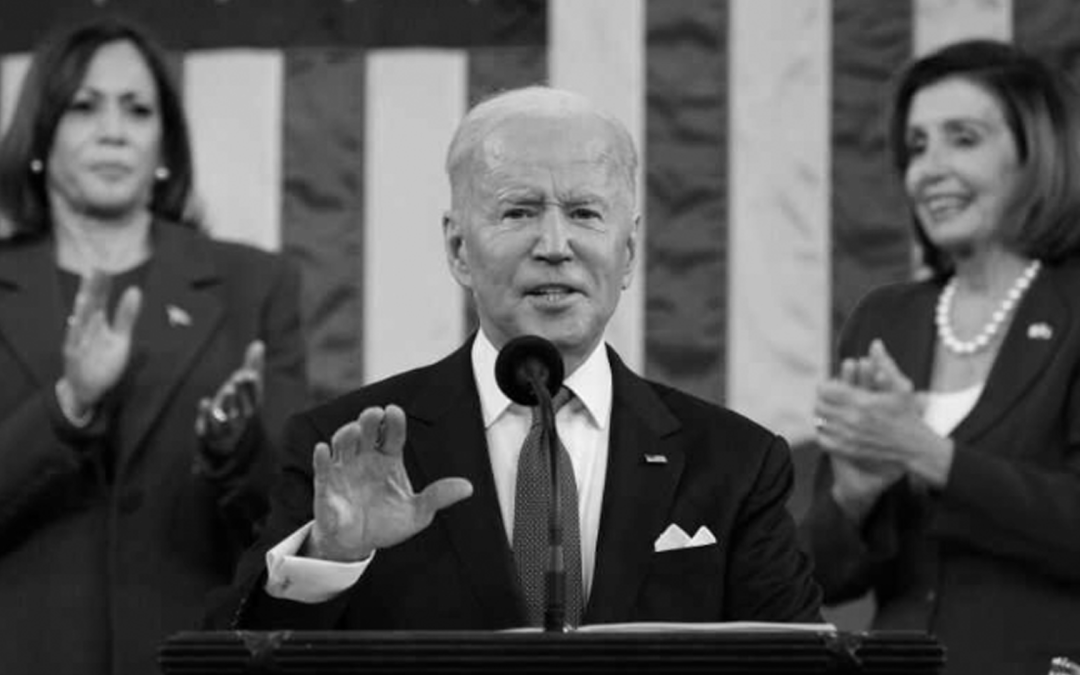Starting January 1, more than 65 million Americans relying on Medicare gained improved access to mental health coverage. Medicare now covers therapy appointments with licensed marriage and family counselors and licensed professional counselors. These providers constitute around 40% of Master’s level mental health professionals in the United States.
Interview Highlights:
Juana Summers: Why did it take so long for this law to pass, given the obvious need for mental health care and available providers?
Victoria Kress: Money played a significant role. Legislators were concerned about the fiscal impact of easier access to mental health care and increased service providers. The COVID-19 pandemic spotlighted mental health needs, leading to a greater realization of the importance of access to mental health care.
Juana Summers: The Department of Health and Human Services notes a shortage of mental health providers, with 169 million Americans living in areas with a shortage. How impactful could this change be?
Victoria Kress: The impact is profound. Even in urban areas, where there is a shortage, the change will significantly address the demand for mental health services. The legislation will make a substantial dent in the massive need for mental health care across the country.
Key Points:
- The legislation expanding Medicare coverage for mental health services includes licensed marriage and family counselors and licensed professional counselors.
- Money was a significant factor in the delay of passing the law, with concerns about the fiscal impact and increased costs.
- The COVID-19 pandemic heightened awareness of mental health needs, contributing to the recognition of the critical importance of access to mental health care.
- The shortage of mental health providers affects approximately half of America, even in urban areas, and the legislative change aims to address this shortage significantly.

Erin Balsa is a highly skilled and knowledgeable health journalist with a passion for educating the public on important health and wellness topics. With extensive experience in both traditional and digital media, Erin has established herself as a trusted voice in the field.

